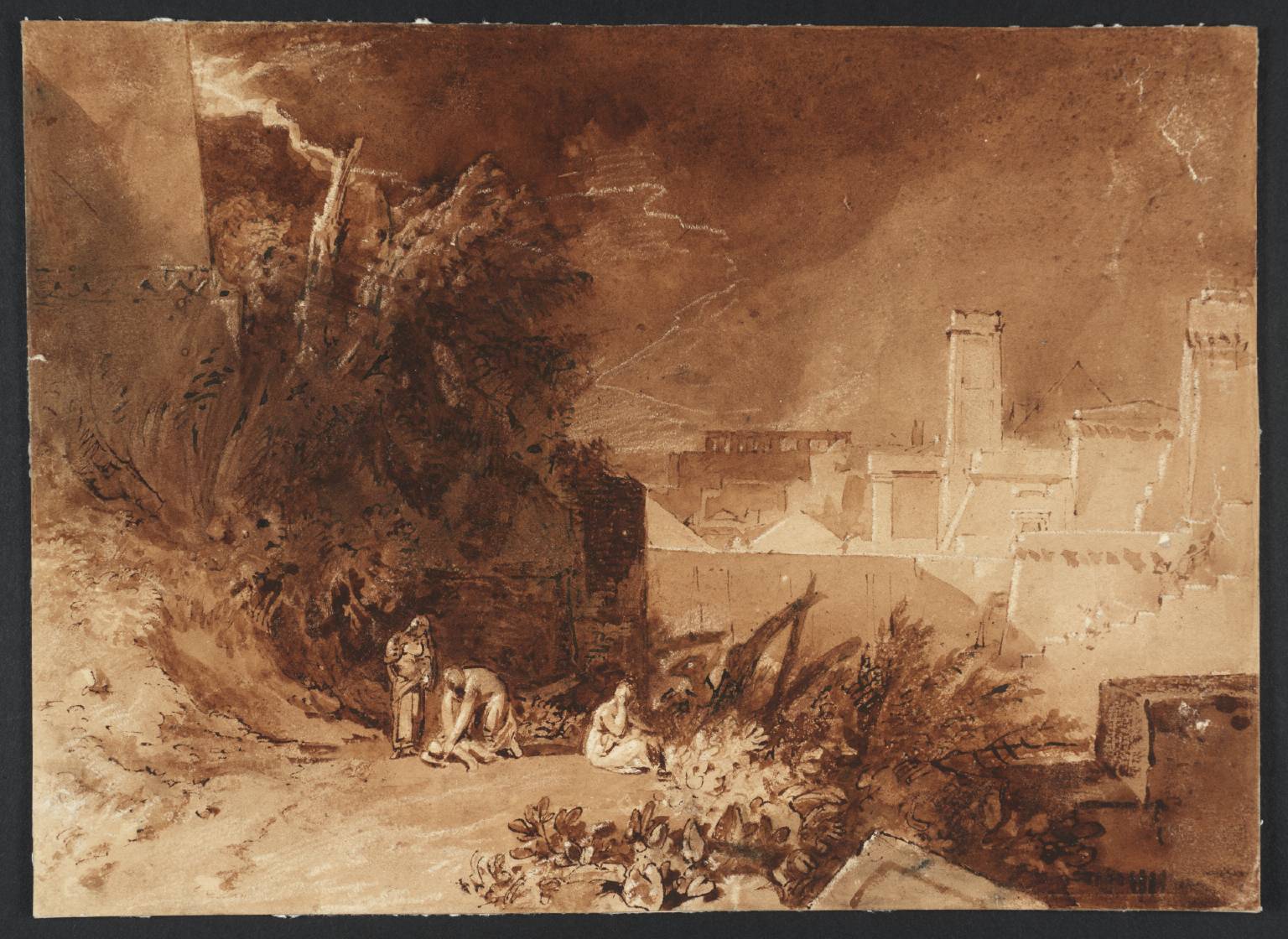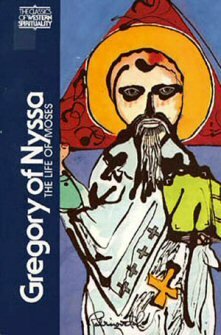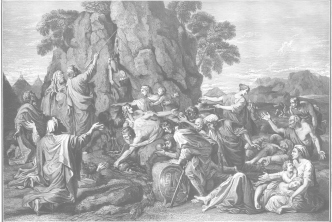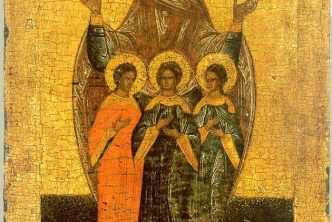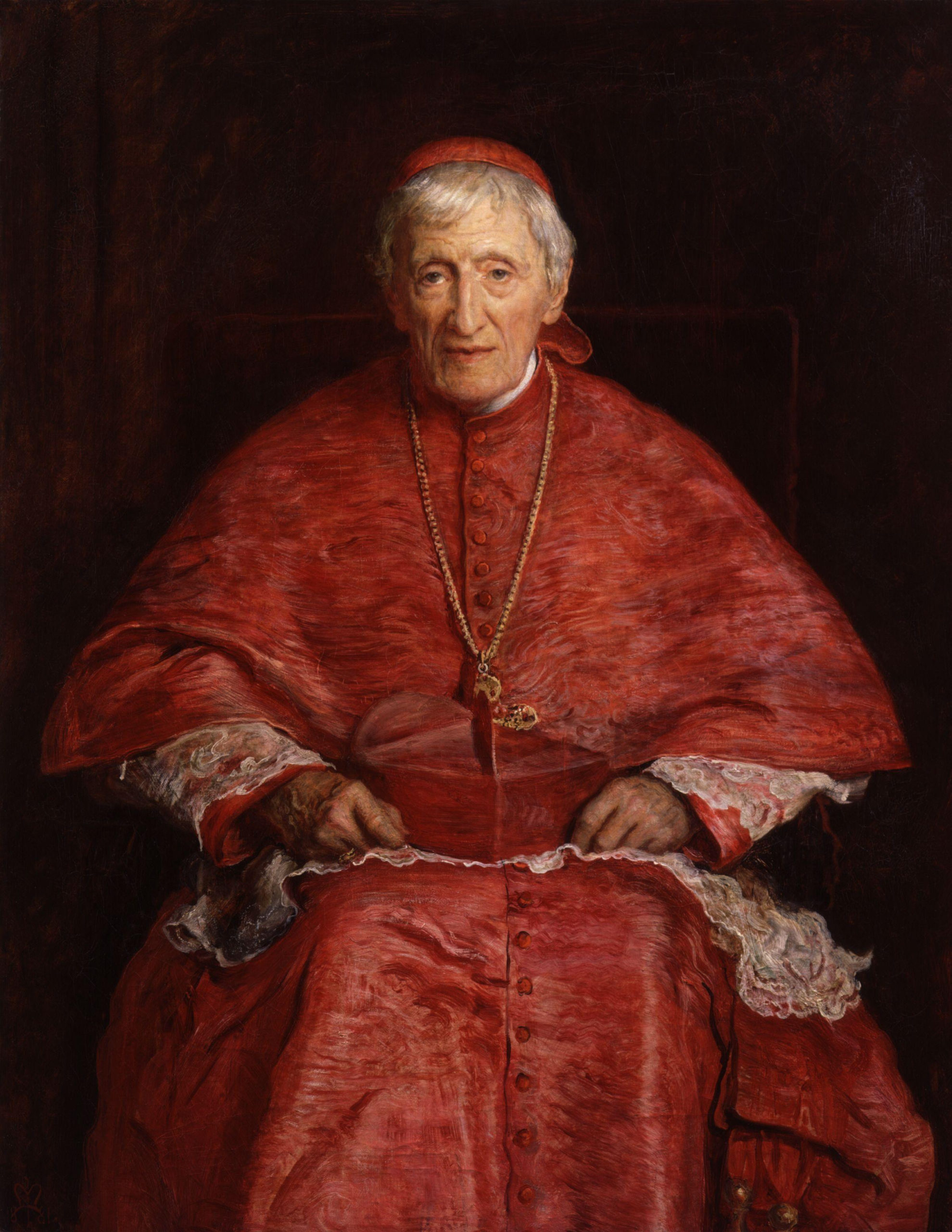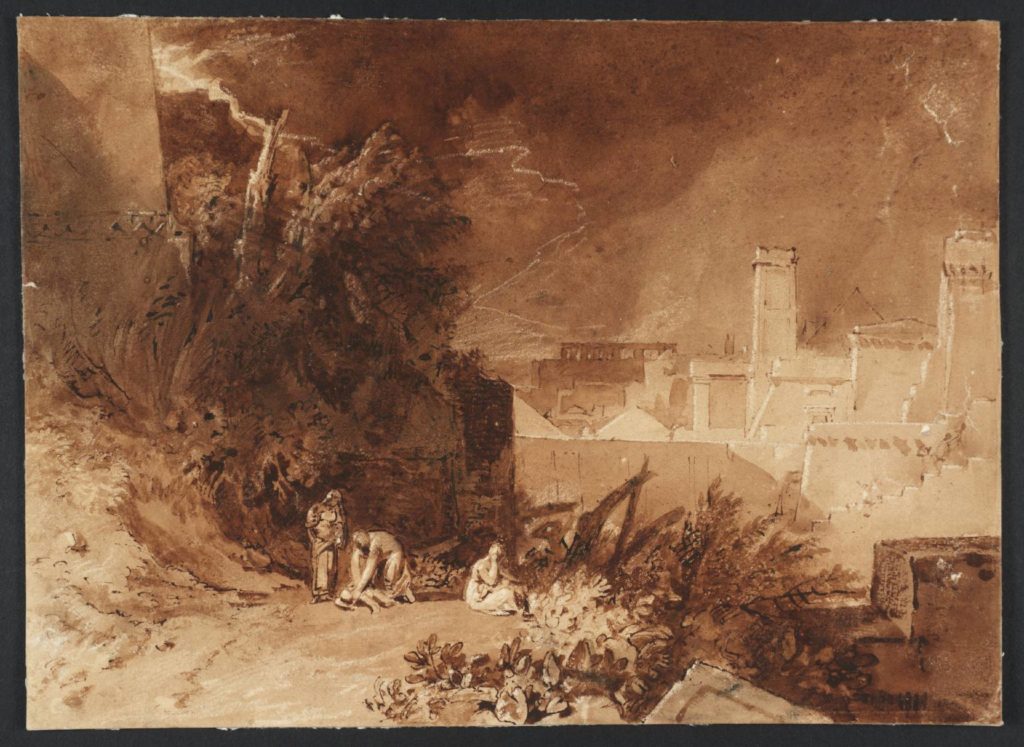
Exodus 12:29 may be the most difficult verse in the Bible: “At midnight the Lord struck all the firstborn in the land of Egypt, from the first-born of Pharaoh who sat on his throne to the first-born of the captive who was in the dungeon, and all the first-born of the cattle.” How are we to understand God’s killing of innocent children, even the children of captives? In response to this verse St. Gregory of Nyssa asks, “If such a one now pays the penalty of his father’s wickedness, where is justice?” He answers that question by seeking “the true spiritual meaning” of the verse:
We have learned through the things examined already that Moses (and he who exalts himself by virtue in keeping with his example), when his soul had been empowered through long application and high and lofty life, and through the illumination which came from above, considered it a loss not to lead his countrymen to the life of freedom.When he came to them, he implanted in them a more intense desire for freedom by holding out worse sufferings to them. Intending to remove his countrymen from evil, he brought death upon all the firstborn in Egypt. By doing this he laid down for us the principle that it is necessary to destroy utterly the first birth of evil. It is impossible to flee the Egyptian life in any other way. It does not seem good to me to pass this interpretation by without further contemplation. How would a concept worthy of God be preserved in the description of what happened if one looked only to the history? The Egyptian acts unjustly, and in his place is punished his newborn child, who in his infancy cannot discern what is good and what is not. His life has no experience of evil, for infancy is not capable of passion. He does not know to distinguish between his right hand and his left. The infant lifts his eyes only to his mother’s nipple, and tears are the sole perceptible sign of his sadness. And if he obtains anything which his nature desires, he signifies his pleasure by smiling. If such a one now pays the penalty of his father’s wickedness, where is justice? Where is piety? Where is holiness? Where is Ezekiel, who cries: The man who has sinned is the man who must die and a son is not to suffer for the sins of his father? How can the history so contradict reason? Therefore, as we look for the true spiritual meaning, seeking to determine whether the events took place typologically, we should be prepared to believe that the lawgiver has taught through the things said. The teaching is this: When through virtue one comes to grips with any evil, he must completely destroy the first beginnings of evil.
St. Gregory of Nyssa – The Life of Moses, §91-92
He continues:
For when he slays the beginning, he destroys at the same time what follows after it. The Lord teaches the same thing in the Gospel, all but explicitly calling on us to kill the firstborn of the Egyptian evils when he commands us to abolish lust and anger and to have no more fear of the stain of adultery or the guilt of murder. Neither of these things would develop of itself, but anger produces murder and lust produces adultery. Since the producer of evil gives birth to lust before adultery and anger before murder, in destroying the firstborn he certainly kills along with it the offspring which follows. Take for an example a snake: When one crushes his head he kills the rest of the body at the same time. This would not have happened unless the blood which turns aside the destroyer had been poured out on our doors. And if it is necessary to perceive the meaning presented here more fully, the history provides this perception in both the killing of the firstborn and the safeguarding of the entrance by blood. In the one the first impulse to evil is destroyed, and in the other the first entrance of evil into us is turned away by the true Lamb. For when the destroyer has come inside, we do not drive him out by our own devices, but by the Law we throw up a defense to keep him from gaining a foothold among us.
ibid, §93-95
St. Gregory’s work on Moses serves well as an introduction to how the Church Fathers read the Bible. As David Bentley Hart once put it, “For ancient and medieval exegetes… the very question of whether the events recounted in the text had ever actually happened was largely a matter of indifference for how to go about reading the text literally—or, more precisely, reading it ad litteram: that is, with an exactingly scrupulous attention to what was written on the page, in every detail, and with every discernible shade of significance.” Discover for yourself the riches of patristic exegesis! The Life of Moses is available free through the end of July.

